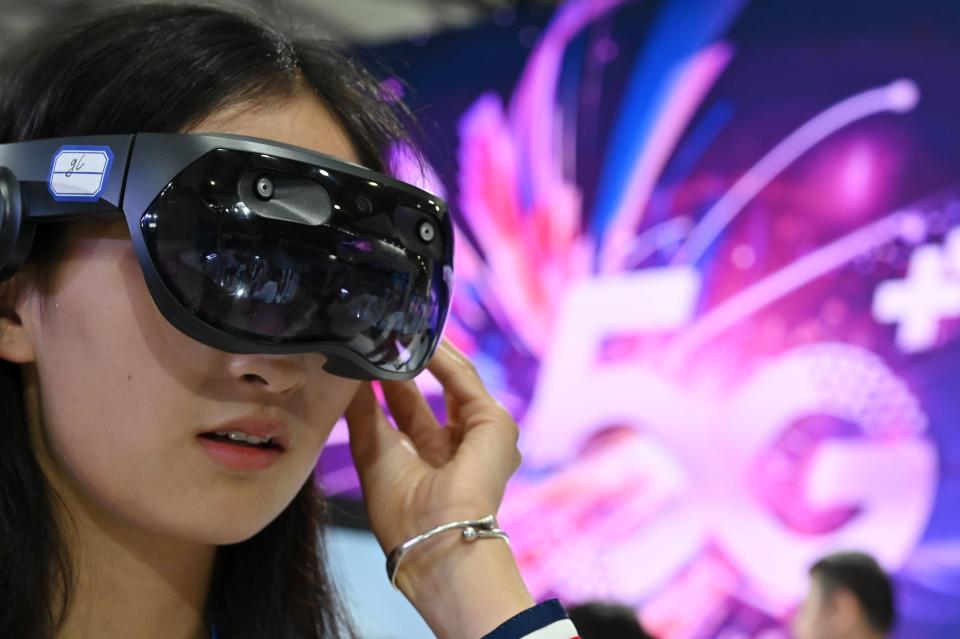Professor uncovers key metric that puts Huawei and security risks back in spotlight

A professor has used a key metric to add fuel to the fire that doing business with Chinese telecoms giant Huawei could pose a major security risk to governments and businesses around the world.
In a paper a study written by Christopher Balding, Associate Professor at Fulbright University Vietnam, he discovered that when you look at key staff’s CVs, a number of them have deep relationships with intelligence gathering and the military.
"Using a unique dataset of CVs, key mid-level technical personnel employed by Huawei have strong backgrounds in work closely associated with intelligence gathering and military activities,” he said in the paper.
"Based upon an analysis of this dataset, I find there is strong evidence that Huawei personnel act at the direction of Chinese state intelligence, and that there exists a deep and lasting relationship between Huawei, its employees, and the Chinese state."
Huawei issued a statement in response to the report saying:
"We welcome professional and fact-based reporting on investigations into Huawei's transparency. We hope that any further research papers will contain less conjecture when drawing their conclusions, and avoid so many speculative statements about what Professor Balding 'believes', 'infers', and 'cannot rule out'."
The US, as well as Australia and New Zealand, has barred local firms from using Huawei to provide the technology for their 5G networks. The US has continually pointed out Huawei’s ties to the Chinese government as well as emphasising China’s National Intelligence Law that says organisations must “support, co-operate with and collaborate in national intelligence work.”
It is still unclear what the UK’s policy is over Huawei. However, in March this year, Britain’s National Cyber Security Centre, which is part of the UK government’s intelligence and security organisation GCHQ, released a report that severely criticised the Chinese company, by saying there are “significant technical issues in Huawei’s engineering processes” and its approach to software development brings “significantly increased risk to UK operators.”
The month before that, the head of Britain’s foreign intelligence service MI6, Alex Younger warned at the Munich Security Conference against the UK using a single provider of equipment in new 5G mobile networks.
“It’s not inherently desirable that any piece of significant national infrastructure is provided from a monopoly supplier,” he said.
READ MORE: The 'tech cold war' between the US and China looks 'set to rage on'

 Yahoo Finance
Yahoo Finance 
